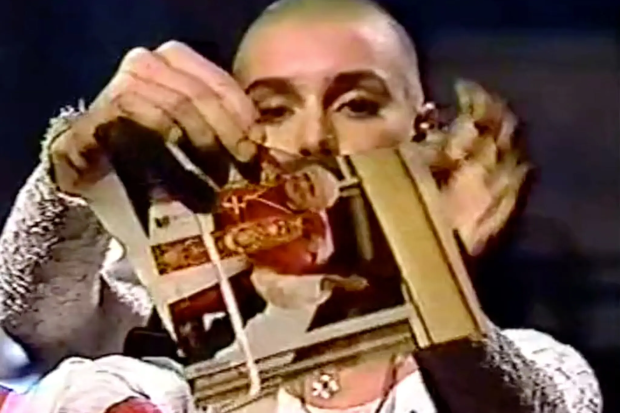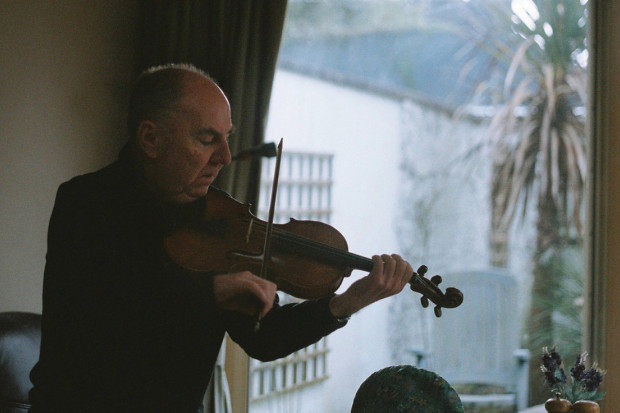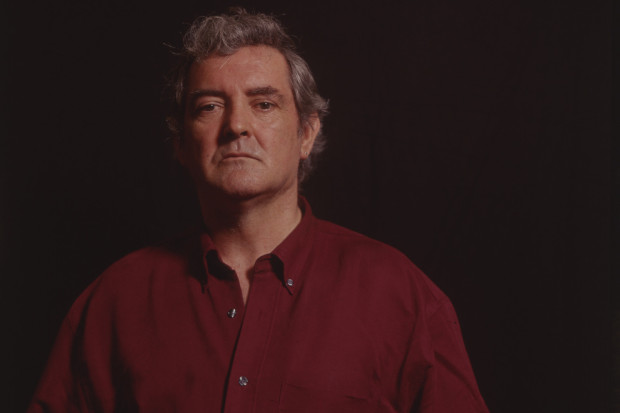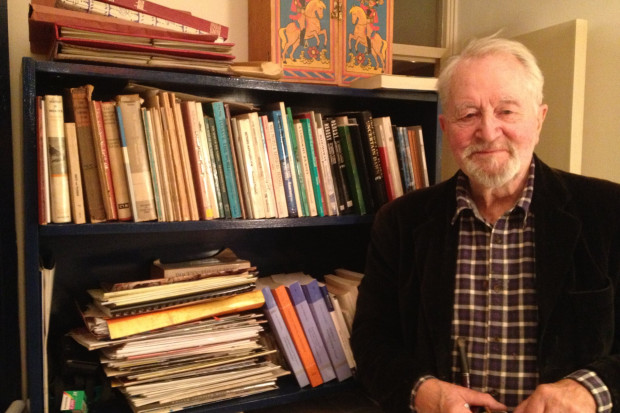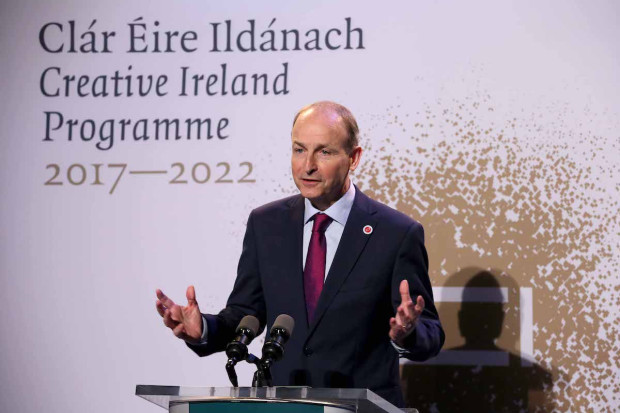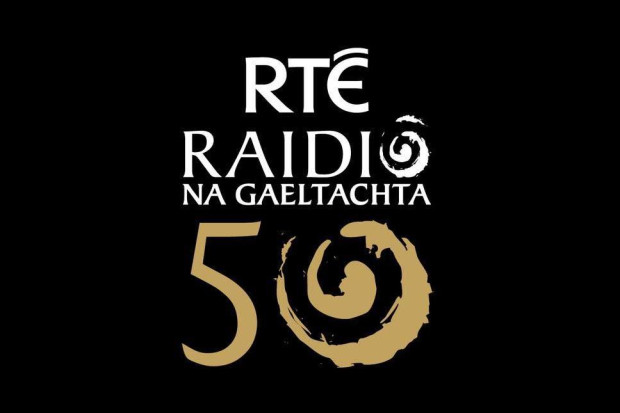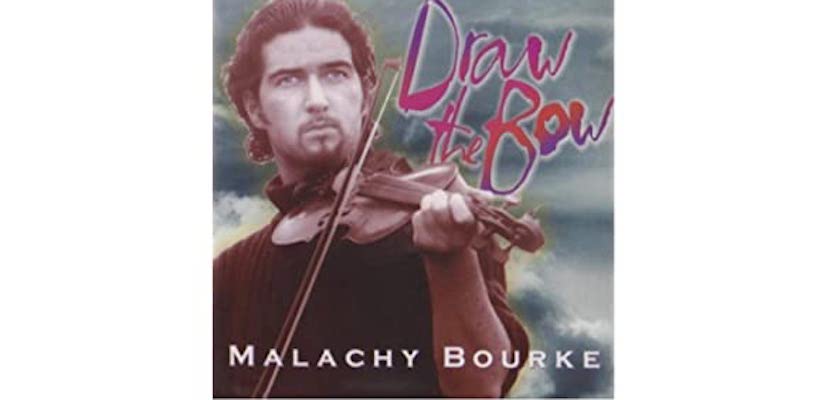
Draw the Bow – Malachy Bourke
The first thing to be said about this album is that it’s brave. It’s rare to hear an album these days that’s truly a solo album. Much of what is described as solo these days is little more than an excuse for a musician to get together with a group of friends to make a recording. Not that there is necessarily anything wrong with that – apart from the misnomer, solo – after all, every album should be judged on its merits. That said, how often has the listener yearned to hear more of a particular musician?
The single musician with a minimum of backing is an increasing rarity these days, difficult to hear in a pub session, not entirely happy in a concert setting, drowned out on many recordings. The only backing on Draw the Bow is provided by Bourke’s father, Brian, on bodhrán. It may well have been overdubbed and exists for the purposes of tone and rhythm and, for the most part, that works fine. In this way Malachy Bourke’s Draw the Bow is brave. The outstanding question is just how significant it is.
This – minimal backing aside – is a solo album and as a solo album has to bear comparisons with what has gone before it. What has gone before it is an impressive list of performers that have done much to define traditional music. A list that leaves little room for compromise.
But then, even in his everyday playing, Malachy Bourke has never been one to compromise, preferring to play with other, similar minded musicians like Toner Quinn or Donnacha Dwyer, without guitar backing. On Draw the Bow his rhythm reflects this practice, his touch is sure, he always appears to control where he’s going. He holds his own well.
Bourke’s teacher was Frankie Gavin. This shows, but no more than it should. As a young musician, no more than any other, Malachy Bourke has to carve out his own space. Taught by Gavin, he name-checks Ben Lennon in his sleeve notes and plays Paddy Killoran’s fiddle. That in itself is a big tradition, but Malachy Bourke has the confidence to remain his own man in his playing.
Often what determines how a musician plays may not be as apparent as it seems. There is a case to be made that Gavin’s own fiddle playing was heavily influenced by the Leitrim flute player John McKenna. And another case to be made – on the evidence of this album – that the decisive influence is as much another Leitrim player, Ben Lennon from Kiltyclogher, as Gavin himself. Bourke plays Lennon’s ‘Old Harvest Home’ – itself almost a paradigm of what can be done with the components of a simple tune we’ve heard time after time – and in his playing it is again remade, reimagined. Again his settings of ‘The Star of Munster’, the notes seemed poised to collide with each other, the music is fighting for control. What emerges is invigorating.
In that sense this album comes as a surprise. Malachy Bourke has a very clear vision of what he wants and isn’t likely to be deflected on his journey. There are no pyrotechnics on this recording. It is direct and purposeful. Much of what passes for innovative in traditional music was only truly innovative twenty years ago and even then, only briefly. What Draw the Bow does it to set the tunes out, to say that the old ones are often the best ones; ‘The Musical Priest’, ‘The Silver Spire’, ‘The Wheels of the World’, Michael Coleman’s ‘Dr Gilbert’ and ‘Queen of the Fair’: that what matters is the spirit in which they are played – economic use of the bow, underpinned by a rhythm that is never, for an instant, sacrificed.
There have been some notable fiddle albums in recent years: Tommy Peoples’ recordings of the Donegal he imagined wherever he was, John Carthy’s yoking of London and Paddy Killoran’s fierce bowing style, The Godfather from Brian Rooney – these are albums that tell of a time and a place. There is something of a sense of journey about them too, something that will not go in and out of fashion. Draw the Bow too has a sense of wholeness about it, there is a tension to it. The last tune, an American jig comes almost as a coda, an explosion of breath, of relief. As if to say this is a journey too and this is the beginning: there will be more to come.
I for one will listen with interest. A man told me once to be careful with superlatives, they’re hard to follow. Bearing that in mind this is a very, very good album indeed.
Published on 1 November 2001
Peter Woods is a radio producer and is co-author of The Living Note: The Heartbeat of Irish Music (1996).










